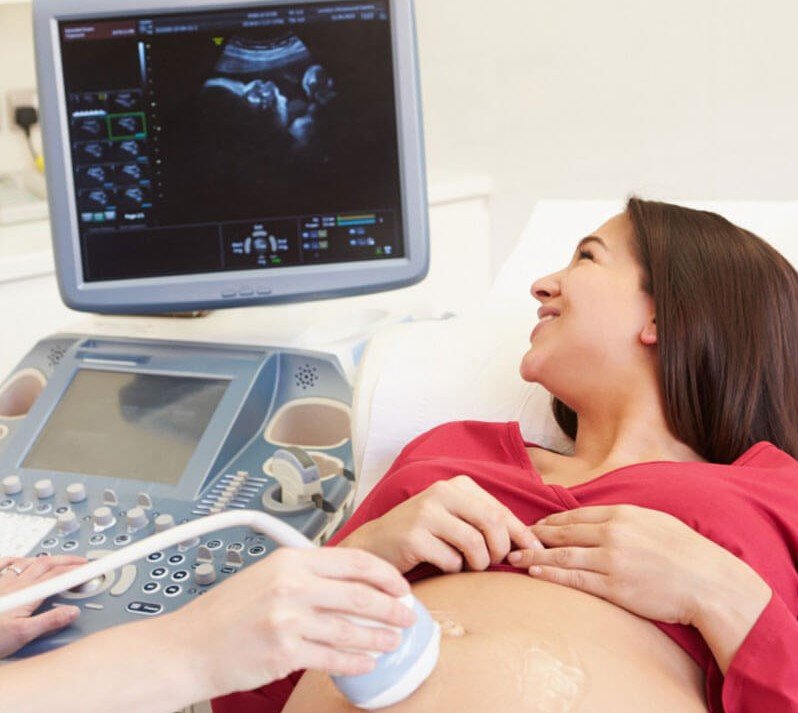
In the 6th week of pregnancy, the development of the baby continues rapidly. During this period, the embryo begins to form more distinct head and body structures. The baby’s heartbeat usually becomes audible through ultrasound, which is an exciting moment for the expectant mother. Organs and systems start to mature further; essential organs such as the brain, spinal cord, heart, lungs, and digestive system take shape. The skeletal system and muscles also start to develop, with bone formation accelerating during this period. Additionally, the placenta continues to grow to provide the baby with necessary oxygen and nutrients while aiding in the removal of waste products from the body. The expectant mother must cope with increased blood circulation to support the baby’s growth during this process. Pregnancy symptoms typically become more pronounced during this period, with common experiences including nausea, vomiting, breast tenderness, and fatigue. Regular doctor visits and monitoring are important for the baby’s health during this stage.

During the 6th week of pregnancy, the expectant mother also experiences some changes. During this period, the mother’s body rapidly begins to change, and pregnancy symptoms become more pronounced. Specifically, the following changes are noticeable:
- Morning Sickness and Nausea: Morning sickness typically starts around this time and can be bothersome for some expectant mothers. Nausea and vomiting may occur at different times of the day and are caused by hormonal changes.
- Fatigue and Weakness: Hormonal changes during pregnancy can affect the expectant mother’s energy levels. Fatigue and feelings of weakness may increase during this period.
- Breast Sensitivity: Increased blood flow to the breast tissue and hormonal changes can lead to breast sensitivity. Breast enlargement and fullness may also begin during this time.
- Frequent Urination: The growing uterus can exert pressure on the bladder, leading the expectant mother to feel the need to urinate frequently.
- Emotional Changes: Pregnancy hormones can influence the expectant mother’s mood. Emotional fluctuations, sudden emotional reactions, or emotional sensitivity are common during this period.
- Heartburn and Constipation: Hormonal changes can cause digestive issues such as heartburn and constipation. While these conditions can be uncomfortable, they are usually treatable.
During the 6th week of pregnancy, the expectant mother should rest, maintain a balanced diet, and attend regular doctor appointments to cope with these changes.

